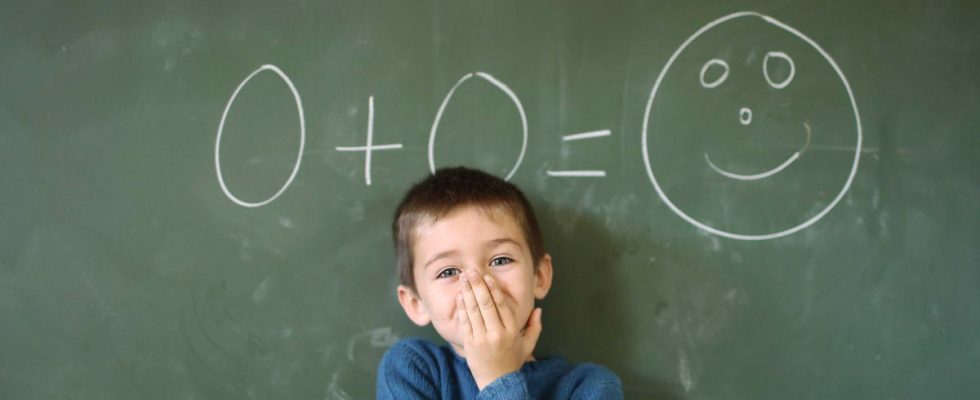“Ah it’s funny, it makes me laugh more,” Orelsan rapped, except for one word. Unlike the hits of the 1980s or the great vintages, the jokes do not improve over time. And if the misogynistic sketches of Chevalier and Laspalès, the heavy imitations of Jean Roucas or the jokes of Les Grosses têtes still made the public laugh thirty years ago, this is no longer necessarily the case today. This Monday, moreover, a gendarme fan of “Bigard jokes” was convicted of “sexual harassment”. However, the humor has not become sanitized over time. So we wanted to know why we can be ashamed in 2023 of what used to make us laugh.
“I am told that Jews have slipped into the room,” said Desproges in the introduction to a show. “What are these Portuguese who are coming to take bread from the mouths of our Arabs,” said Coluche on TV. And Bigard who made entire stadiums laugh with his “dropping of bitches”. Without forgetting Michel Leeb and his caricatures of the African or the Chinese, thrown in as a bonus at Drucker… “Depending on the times and the social upheavals, we don’t laugh in the same way and, above all, we don’t allow ourselves to laugh at the same things”, explained Nelly Quemener, teacher-researcher who has worked for a long time on the evolution of humor in France. “The humor of yesterday is different from that of today because it must adapt to society,” also recognizes Grégoire Furrer, founder of the Montreux Comedy festival and Lillarious.
“Among the Unknowns, there are a lot of things that would no longer be acceptable today”
“Some comedians allowed themselves things, like racist or misogynistic jokes, because at one time, making fun of black people like Michel Leeb did or slapping a hand on a woman’s buttocks was not a problem,” laments comedian Hélène Vezier, aka Madame Meuf. “Even among the Unknowns, there are a lot of things that would no longer pass muster today,” she adds, in reference to the sketch “The Invaders” or to their parody of the show “Ushuaïa”.
So why do Bun Hay Mean’s jokes about Algerians and Pierre-Emmanuel Barré’s trashy jokes come across as cream? “It’s a question of time and intention,” believes Grégoire Furrer. “Basically benevolent,” explains Elise Giuliani, a young standup artist from the North. Laughing at someone is not necessarily a sign of contempt. “I’m the first to gently make fun of girls,” she says. “Intention is the big difference between dark, societal humor and caricature,” adds Hélène Vezier.
“Humor is an art that ages poorly, particularly because it is very contextual,” recognizes the head of the Montreux Comedy festival. This requires “being completely in tune with the times so as not to be out of date,” insists Madame Meuf. If the jokes pass, certain major themes remain, “politics, criticism of the powerful”, “the need to denounce”, “life”, “situational humor”… And others are essential today , “like the relationship between men and women”, “minorities”, “identity”.
Are there limits today? “For me, it’s the law. Because we must still give comedians the right to make bad jokes, otherwise we risk seeing artists censor themselves,” insists Grégoire Furrer. This is somewhat the case with Elise Giuliani: “I don’t say everything I want, because I don’t yet have the notoriety that would allow me to do so. » In the same way, Hélène Vezier believes “that there are things that do not work with everyone”. In fact, there is no universal humor and then, as Benjamin Tranié said, “we are all someone’s beau”.

